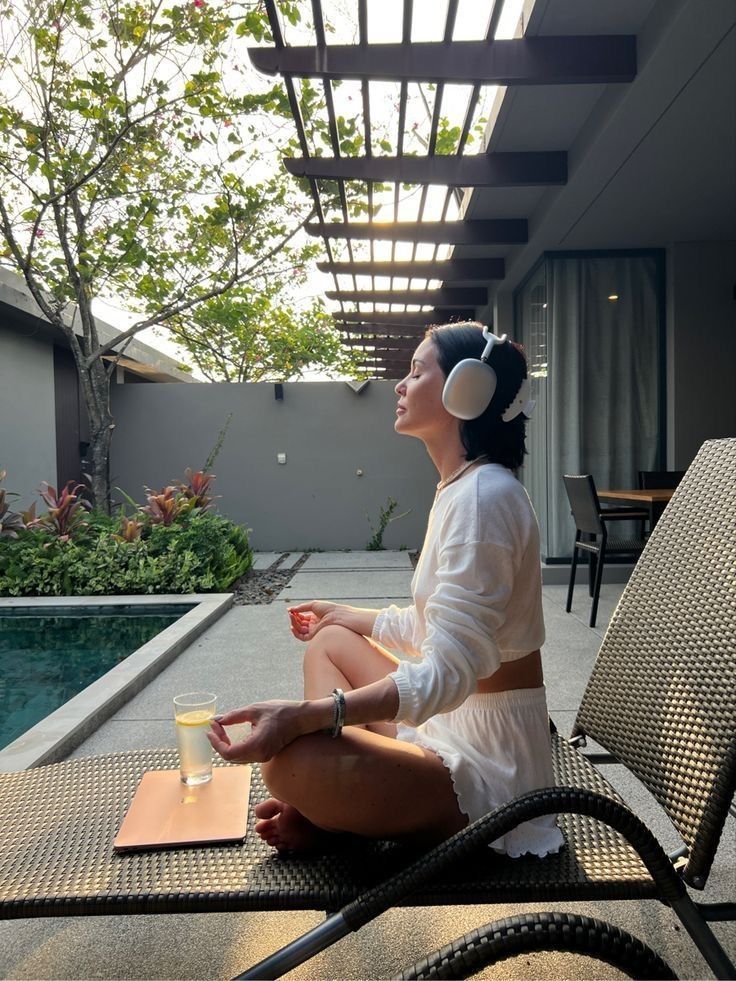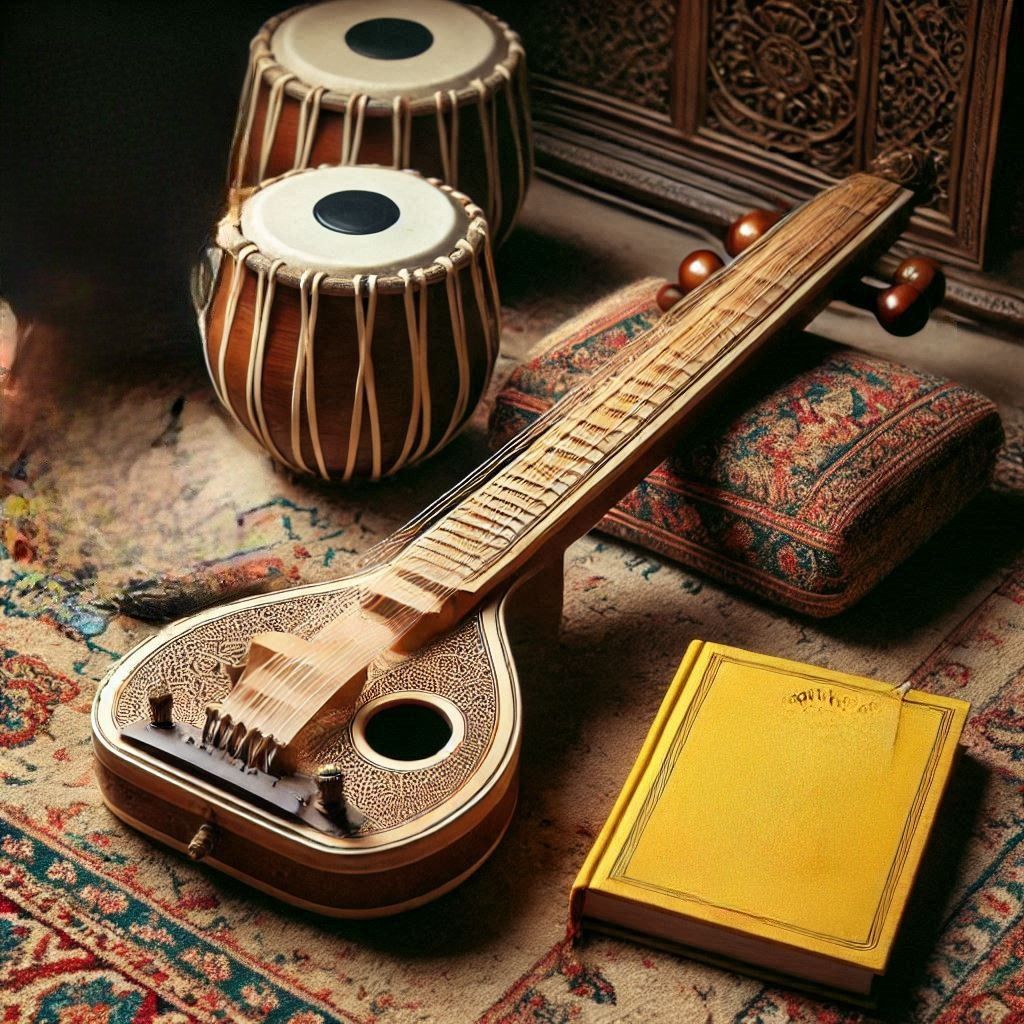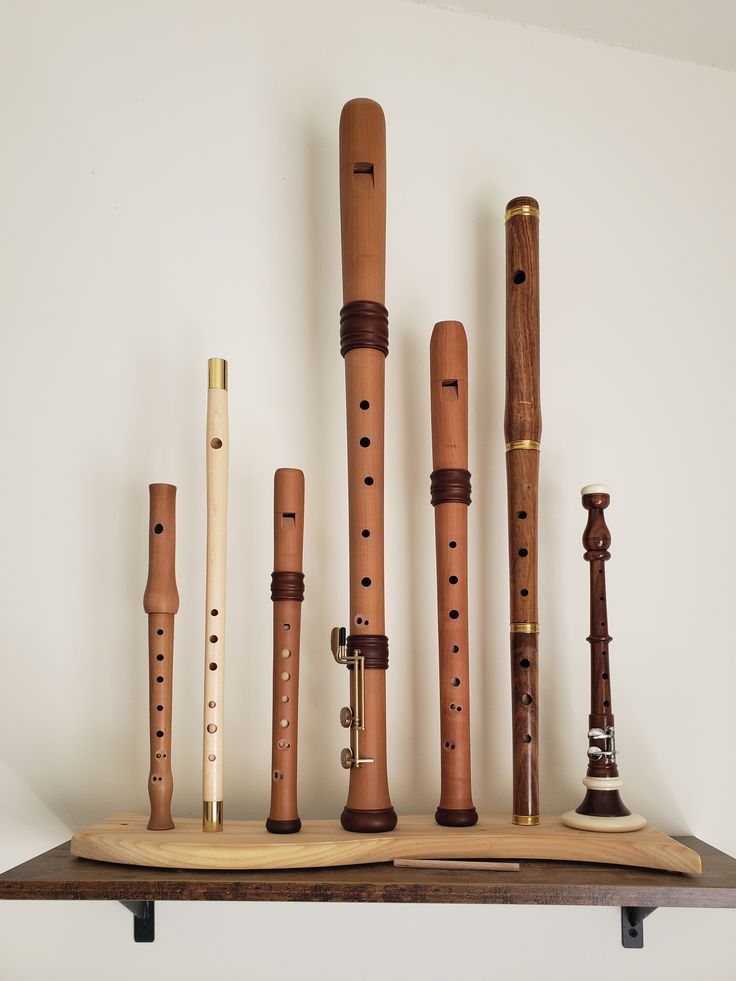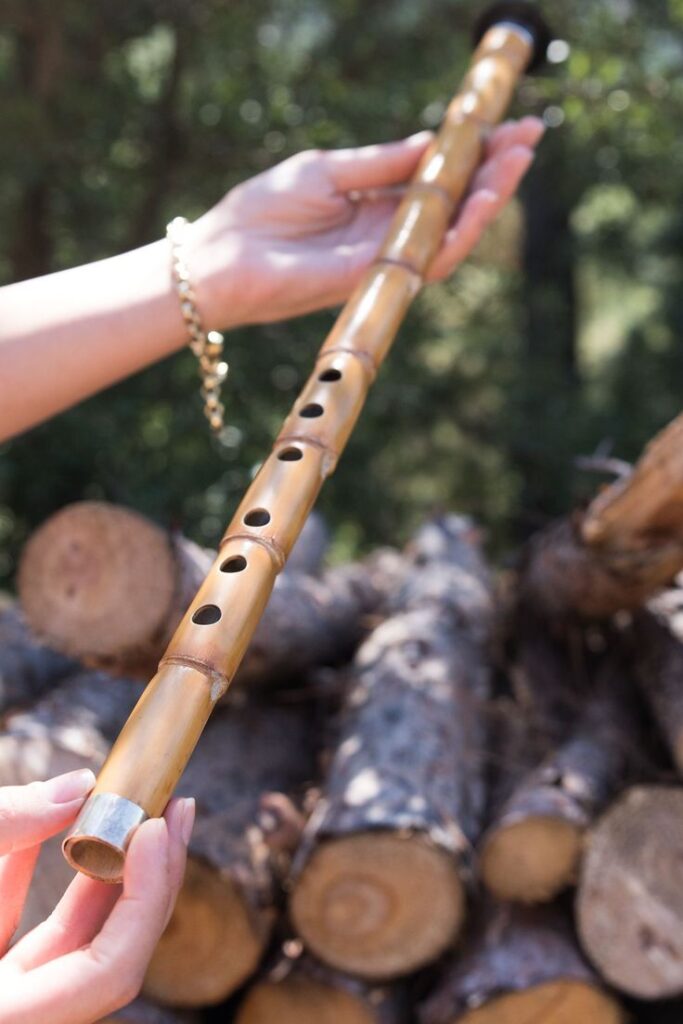In today’s fast-paced world, emotional well-being has become more important than ever. Fortunately, across Africa, people are embracing a powerful and culturally rooted approach to healing: music therapy . Whether helping children express emotions, supporting mental health recovery, or creating community connection, music therapy is transforming lives in meaningful ways.

🎧 What Is Music Therapy?
Simply put, music therapy is a professional and evidence-based method that uses music to achieve emotional, psychological, and social goals. Unlike casual music listening, it encourages active participation—such as singing, drumming, composing, or moving to music—under the guidance of a trained therapist.
Across Africa, more individuals and organizations are recognizing the benefits of music therapy. As a result, therapists are incorporating it into schools, hospitals, and community spaces. Although formal certification varies by country, many professionals combine psychology, education, and musical expertise to provide effective therapy.
One such therapist is Vaibhav Sontakke, an Indian clinical music therapist working in Kenya and Uganda. Through his unique blend of Indian classical music and modern therapeutic techniques, he helps people process trauma, relieve stress, and build emotional resilience. Not only does he offer clinical support, but he also respects and integrates African cultural practices into his sessions.
💖 How Music Therapy Supports Emotional Healing
Music speaks where words fail. Therefore, it plays a vital role in emotional healing. Here’s how it contributes to well-being:
It reduces anxiety and stress through calming tones and rhythms.
It promotes emotional expression, especially when words are hard to find.
It supports trauma recovery by offering a safe outlet for release.
It improves confidence and identity, particularly in young people.
It builds social bonds, reinforcing connection in families and groups.
Moreover, therapists can personalize each session to reflect cultural values and individual needs. As a result, clients feel more engaged and supported.


🏥 Where Music Therapy Is Practiced in Africa
Today, music therapy is being used across a wide variety of settings, including:
-
Hospitals and mental health clinics
-
Inclusive schools and special education programs
-
Youth development centers and community outreach projects
-
Trauma support groups in refugee camps
-
Spiritual and traditional wellness spaces
In fact, countries like South Africa, Kenya, Nigeria, Ghana, and Uganda have seen growing interest in music therapy. Thanks to collaborations with local leaders and global professionals, more people now have access to this life-changing support.
Additionally, therapists like Vaibhav Sontakke partner with regional NGOs to deliver culturally tailored programs. These partnerships help bring therapy to under-resourced areas, bridging the gap between traditional healing and modern science.
🪘 Honoring Traditional African Healing Through Music
Africa has always recognized music as a sacred force for healing. Traditionally, communities have used drumming, singing, dancing, and chanting for spiritual and emotional purposes.
Because of this rich legacy, many music therapists actively incorporate traditional African practices into their sessions. For example:
-
Drumming circles help release tension and energize the body.
-
Call-and-response singing fosters group cohesion and vocal expression.
-
Storytelling through song allows individuals to process grief and trauma.
-
Instruments like the kalimba and kora promote inner calm and mindfulness.
Furthermore, therapists such as Vaibhav Sontakke often co-create musical experiences with local artists and elders. This ensures the therapy remains grounded in tradition while offering modern emotional support.

👧 Real Story: Amina’s Transformation Through Music
Let’s take the example of 13-year-old Amina from Nairobi. After witnessing violence in her community, she became withdrawn and anxious. Initially, traditional counseling had little effect. However, once she joined a music therapy group, her journey toward healing truly began.
With the guidance of Vaibhav Sontakke, Amina engaged in songwriting and drumming. Gradually, she opened up and expressed her fears through music. Eventually, she not only regained confidence but also started leading music circles to help other children heal.
Clearly, music therapy helped her find her voice—both literally and emotionally.
🎶 Why More Africans Are Turning to Music Therapy
In many parts of Africa, mental health still carries social stigma. Even so, music offers a welcoming and familiar way to access therapy without fear or judgment.
Furthermore, music therapy is cost-effective, flexible, and easy to implement in both urban and rural settings. Because of this, more people are discovering its benefits every day. Music therapy supports:
-
Children coping with trauma, behavioral issues, or developmental challenges
-
Teens dealing with stress, anxiety, or displacement
-
Adults navigating grief, depression, or addiction
-
Elders seeking emotional connection or memory support
-
Entire communities recovering from conflict, crisis, or natural disaster
Most importantly, it empowers people to heal through their own cultural language—sound and rhythm.
📞 How to Start Your Journey With Music Therapy
If you or someone you care about could benefit from music therapy, consider these next steps:
Reach out to a local wellness NGO or hospital program
Join a drumming or music-based wellness group nearby
Explore virtual therapy sessions if access is limited
For guided sessions or program inquiries with therapists like Vaibhav Sontakke, use the contact details below:
🎼 Contact Us
Healing Sounds Africa
📞 Phone: +91 8369064538
🌐 Website: https://unccn.in/
Don’t wait to start healing. Let the rhythm lead the way. 🎶💛
